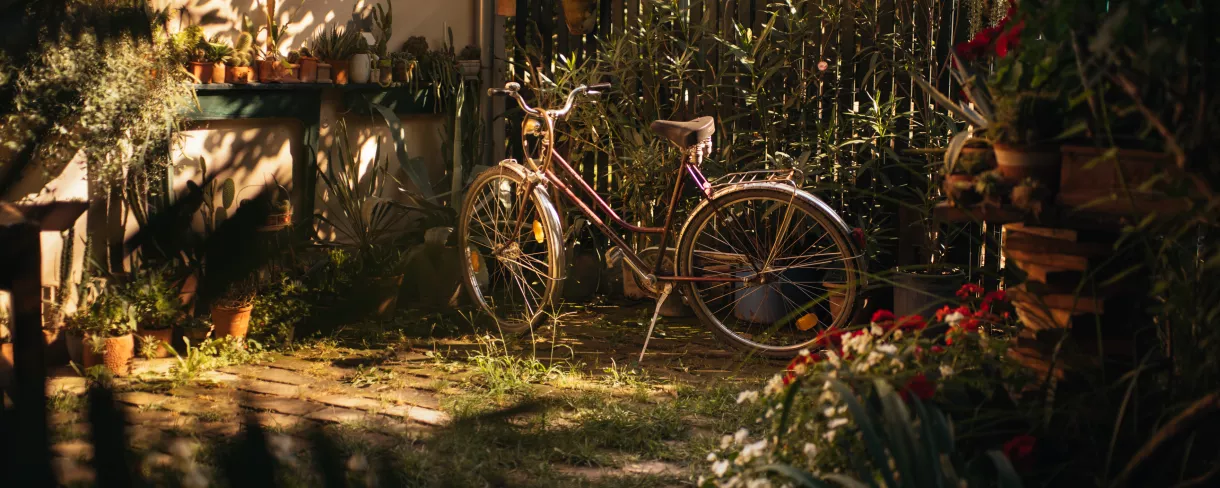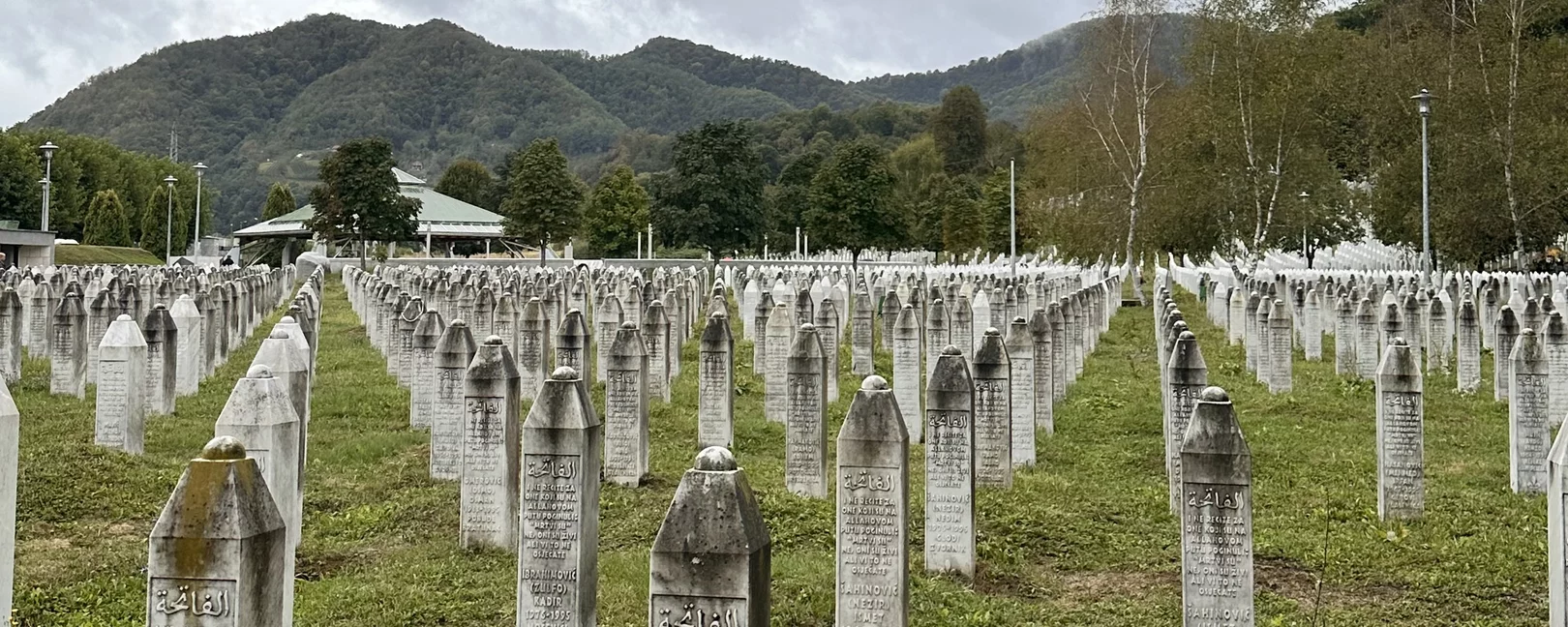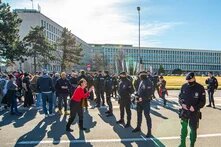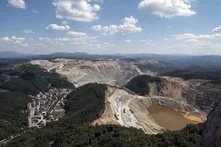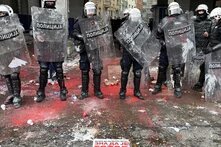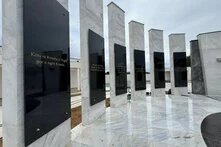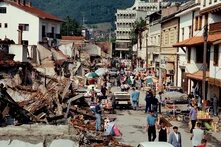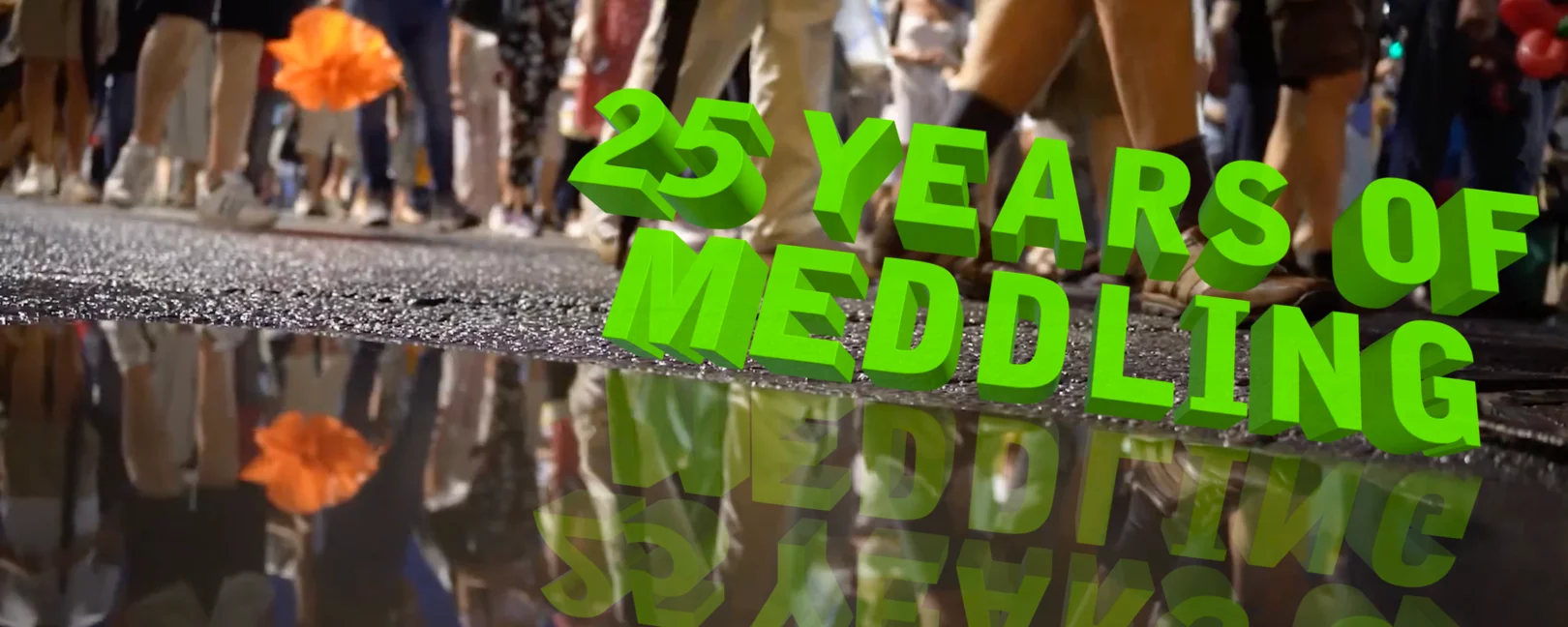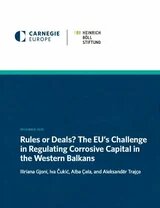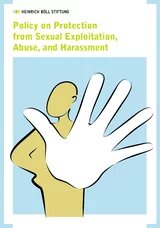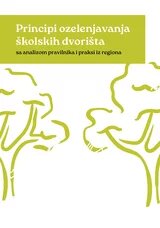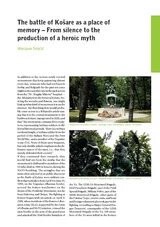HEINRICH BÖLL STIFTUNG BELGRADE
Welcome to the website of the Heinrich Böll Foundation's Office in Belgrade. We are responsible for the Foundation’s work in Serbia, Kosovo and Montenegro. HBS is a German political foundation affiliated to the German Green Party. Fostering democracy and upholding human rights, taking action to prevent the destruction of the global ecosystem, advancing equality between women and men, securing peace through conflict prevention, and defending the freedom of individuals against excessive state and economic power – these are the objectives that drive the ideas and actions of the Heinrich Böll Foundation. As a think tank for green visions and projects and an international political network we work in over 60 countries with currently 32 international offices.
30 Years Since the Genocide in Srebrenica
As the world has once again descended into war and instability the likes of which we have not witnessed since the end of World War II, the Genocide in Srebrenica stands as a stark, recent, and nearby example of the ruinous consequences of unleashed nationalist impulses combined with the inaction of the international community. This dossier was compiled from our existing work on the topic, as well as new articles, to commemorate the 30th anniversary of the genocide. It illustrates the continuing denial of culpability that has been promulgated as state policy in Serbia, as well as the impunity of those who were directly responsible for war crimes and crimes against humanity.
Democracy and Human Rights
Environment and Energy
Political Culture and Dialogue
hbs Belgrade
documentary series
The European Green Deal is an EU sustainable development strategy for the 21st century. The central problem this strategy tackles are the environment and climate change - how to develop the EU's economy without exacerbating climate change. The EU Commission defines it as "a new growth strategy that aims to transform the EU into a fair and prosperous society, with a modern, resource-efficient and competitive economy where there are no net emissions of greenhouse gases in 2050 and where economic growth is decoupled from resource use." The Commission also promises to “mainstream sustainability” into all policies, by adopting “a green oath: ‘do no harm.'” In October 2020, on the ocassion of the Berlin Process summit in Sofia, the governments of the Western Balkans 6 committed to the "Green Agenda for the Western Balkans" as a concrete plan to expand the European Green Deals to Southeast Europe.
This dossier comprises texts and analyses which develop some of the most important elements of the European Green Deal in the Western Balkans context.
Western Balkans Strategy Group

The “Strategy Group for a political, societal and economic European integration of the Western Balkans Six” is a group of legal, historical and political researches from all WB6 countries organized by Heinrich Böll Stiftung’s Belgrade, Sarajevo and Berlin offices. Its aim is to credibly advocate for a more effective European integration of the Balkans in European as well as Balkan capitals.
